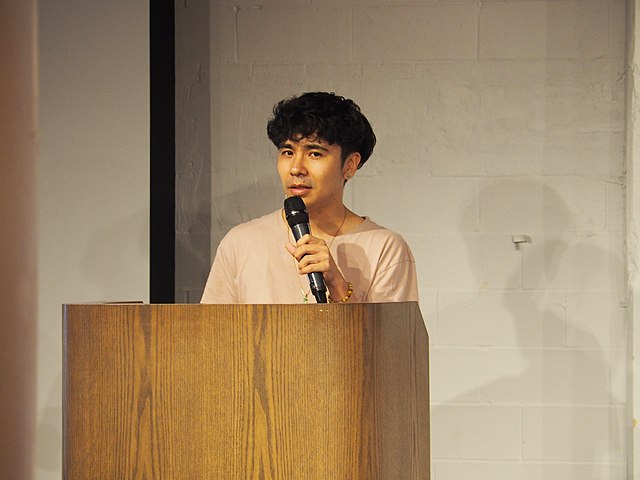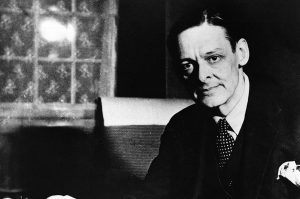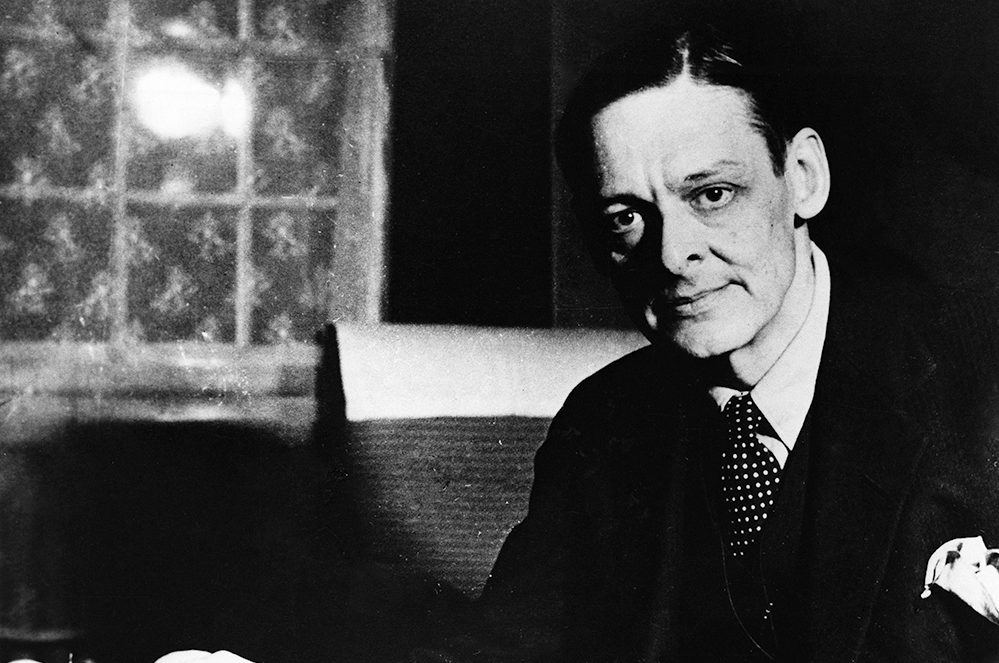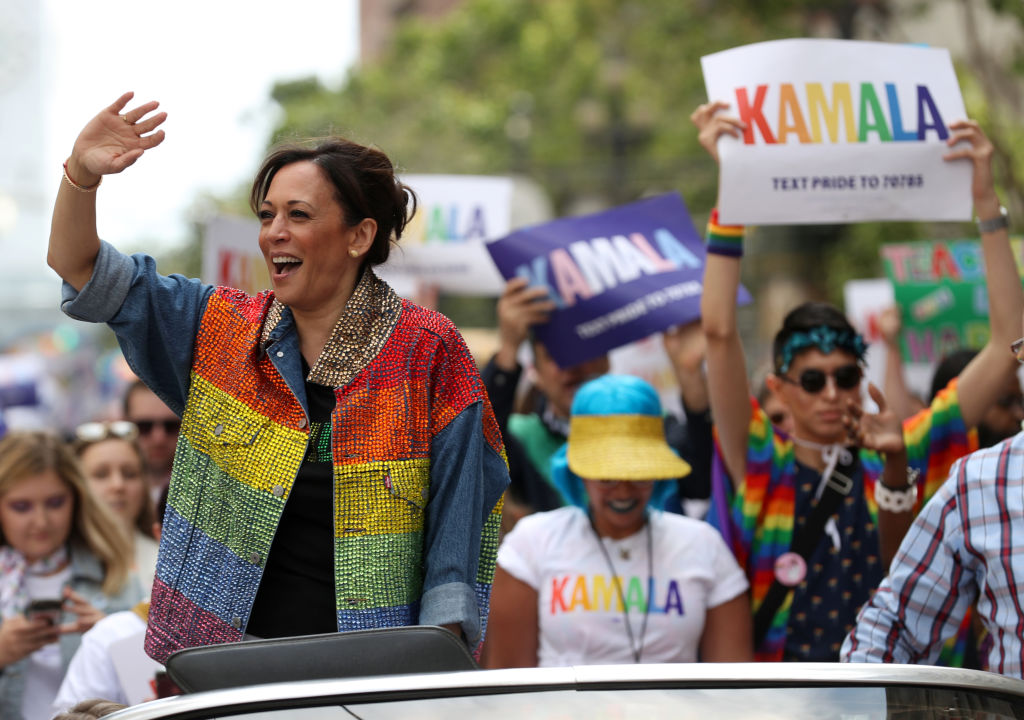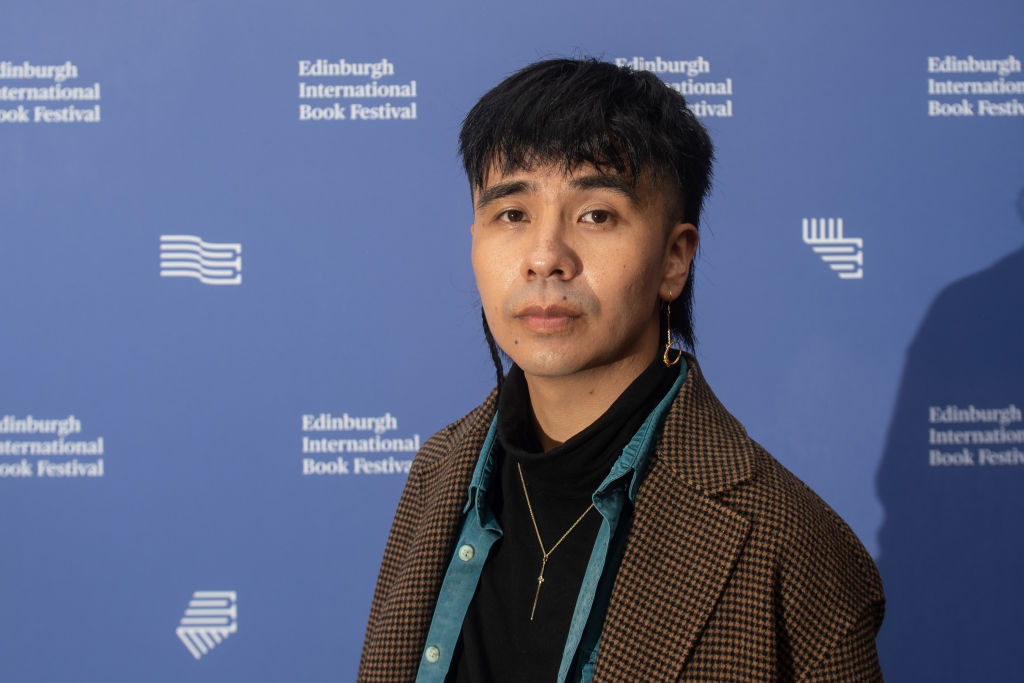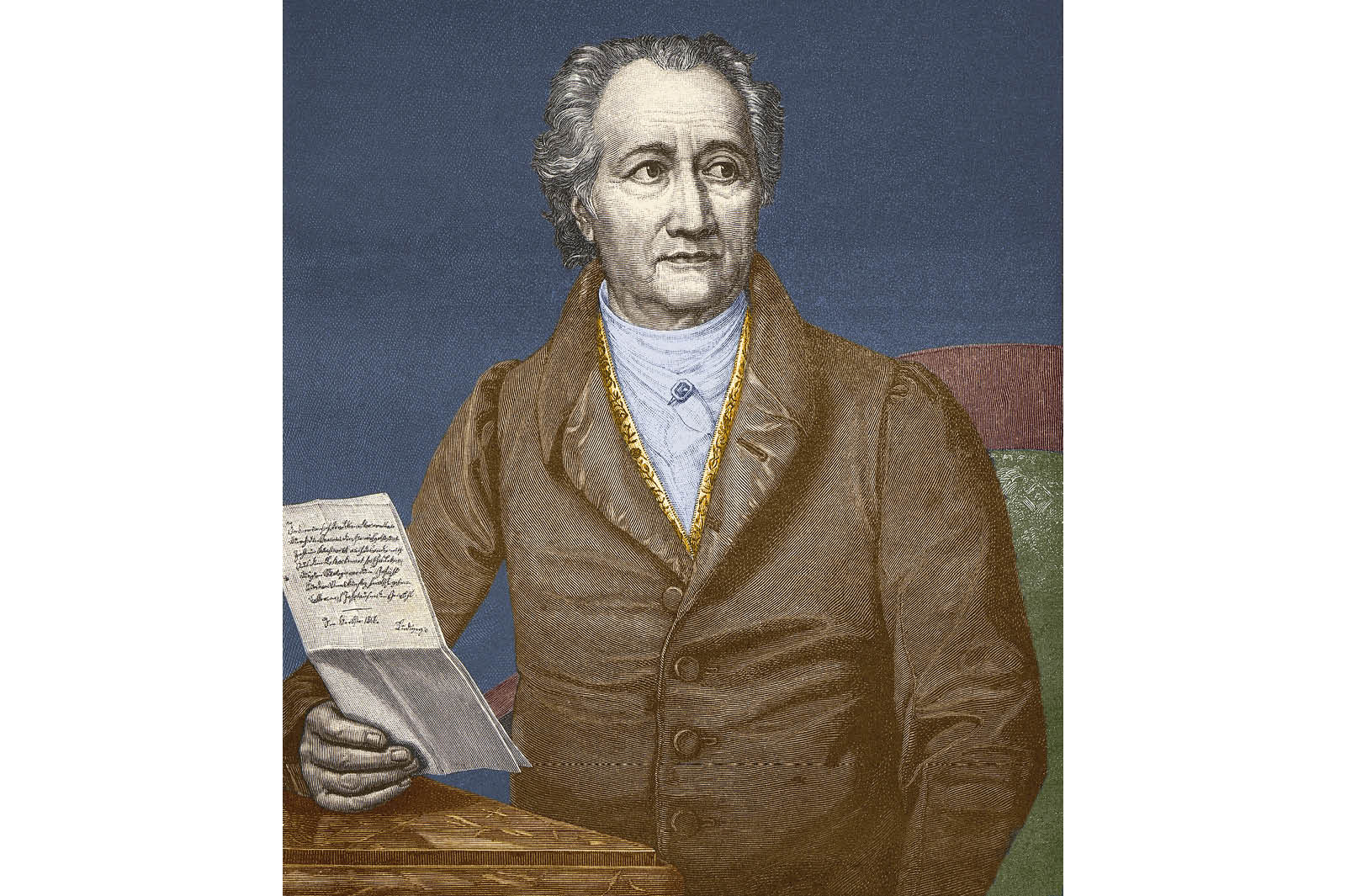Time is a Mother — Ocean Vuong’s second poetry collection — should have been a scene-stealer, a much-awaited literary event of the type normally reserved for a J.K. Rowling. The collection has been talked about in the breathy, excited terms not normally associated with poetry — the least glitzy of the literary genres — and in a way not heard of since the blockbuster release of Ted Hughes’s Birthday Letters (1998).
Vuong, rightly, won the T.S. Eliot prize in 2017 with Night Sky With Exit Wounds. The collection had flashes of brilliance and was a mark of a young poet making his way in the world. It also won the Forward Prize for best first collection, and, in 2019, Vuong was awarded a MacArthur “genius” grant. This is a man who knows how to write — or so the literary world thinks.
But Vuong’s debut novel, On Earth We’re Briefly Gorgeous, was less successful. An intimate, semi-autobiographical study of the difficulties of growing up gay in America after having been evacuated from Vietnam, it was repetitive and, dare one say, at times boring. It re-hashed the themes and ideas of his poetry with fewer line breaks and no odd typographical spaces.
But it is all too easy to be flippant; I was prepared to give Vuong the benefit of the doubt. After all, what can you expect if you stretch a poet — all master of stanza, line, and half-line — over a much longer form?
Time is a Mother should have been a return to what Vuong is best at: the slim, contained, intense volume of poetry. All he had to do was improve a little since his T.S. Eliot-winning moment, and he’d be guaranteed that rarest thing for poets: literary fame, riches, and glory.
The collection begins well. “The Bull” stands alone at the beginning of the volume: the speaker stares out into the darkness at an animal with “kerosene / -blue eyes” and attempts to reach him. All atmosphere, near-ekphrastic dedication to description, and beautifully disconcerting turns of phrase (“I was a murderer / of my childhood”) — innocent readers would be forgiven for assuming they had opened a new, original book of poems.
Unfortunately, they would be wrong. Over the next eighty-five pages, we are treated to twenty-seven poems of difficult parental relationships, the alienation of being a gay man in America, and — worst of all — the difficulties of being a famous poet. If the first two are a return to the ground of his first collection, the latter is, at least, new. But its originality does not save the poetry.
In “Künstlerroman,” Vuong describes being in a room of “crystal chandeliers, waiters with plates of caviar spoons, flutes of champagne” and being handed “a book, the artifact of his thinking.” He then signs it “a deliberately affected, illegible signature.” The whole poem is steeped in pitying melancholy, but it is hard to read and feel any other emotion than despair. If the poetry were better, perhaps some readers could forgive such self-indulgence. But when it comes amidst such half-hearted lines as “the man is surrounded by merry people in fine dress,” it is hard to make it to the end of the page.
This self-awareness is a hallmark of the collection. In “Not Even,” Vuong (the traditional separation between poet and his “speaker” feels wrong in a collection so committed to dissolving such a division) describes being at a party “on a rooftop in Brooklyn.” A young woman speaks
You’re so lucky. You’re gay plus you get to write about war and stuff. I’m just white. [Pause] I got nothing.
The young woman’s comment is tasteless, yes, but this is a moment in which Vuong once again draws the writing process overtly into his work. Creation and the created product have become one and the same. His identity, and the way that directs his writing, seem almost more important than the writing itself.
It’s hard to avoid the sense that the whole collection is wrapped up in its own creation. In “Dear Sara,” Vuong describes “ants” as words crawling across the page, and in “Dear T,” he transcribes the process of “fashion[ing]” a face “from nouns muscular / inflection bones” which are “hardened with the / alphabet’s reduction.”
Of course, poets have always written about their own struggles of writing: from Heaney to T.S. Eliot, it’s a tragically unavoidable staple of the genre. But what sets Vuong apart is the fact that the poetry he writes about being a poet isn’t very good. In “The Last Prom Queen in Antarctica,” he uses the metaphor — now horribly seared onto my mind — “It’s true I’m not a writer / but a faucet underwater.” The poet blames himself for the climate crisis, but all that stuck with me is the laughable un-poetic-ness of comparing himself to a tap.
There is something very difficult about being scathing about Vuong’s poems. This collection was written in the wake of his mother’s death in 2019, and her presence looms large in the volume. Her “I NY t-shirt” described in Night Sky With Exit Wounds appears in the later volume as an item in her online shopping history in “Amazon History of a Former Nail Salon Worker.” At one point, Vuong even writes the lines “stop writing / about your mother they said.”
How can anyone be so critical — so rude — about something so personal, so intimate? I am near-convinced that this is the reason why the collection has received so many good reviews.
But here’s the rub: confessional poetry is still poetry. It exists in the world — to be read, criticized, and thought about. And, indeed, it can be brilliant. But a latter-day Plath, Lowell, or Sexton, Vuong is not. Rather than being brilliant confessional poems, his works feel like the self-indulgent, repetitive, even boring works of a writer who has failed to mature.
The old adage about the pitfalls of early success must have a point — but let’s hope that if this collection does badly, he will find new things to write about before the next.



